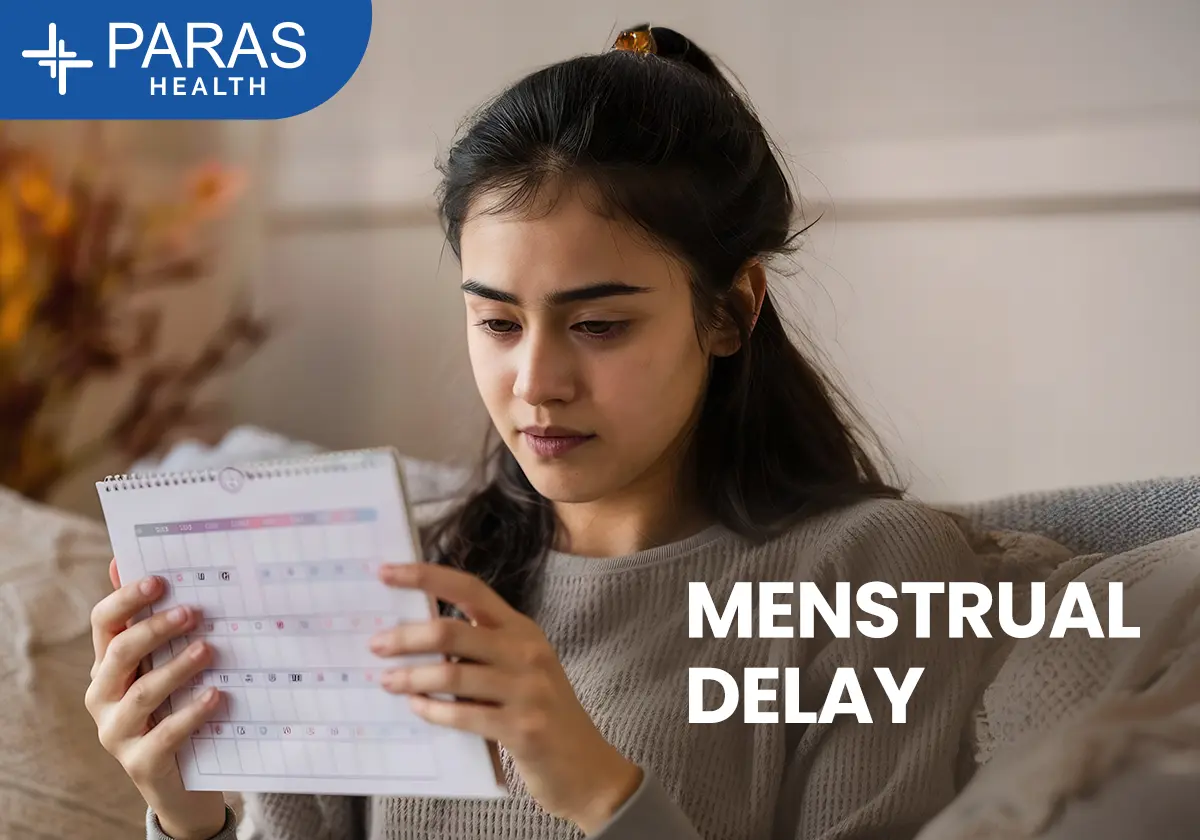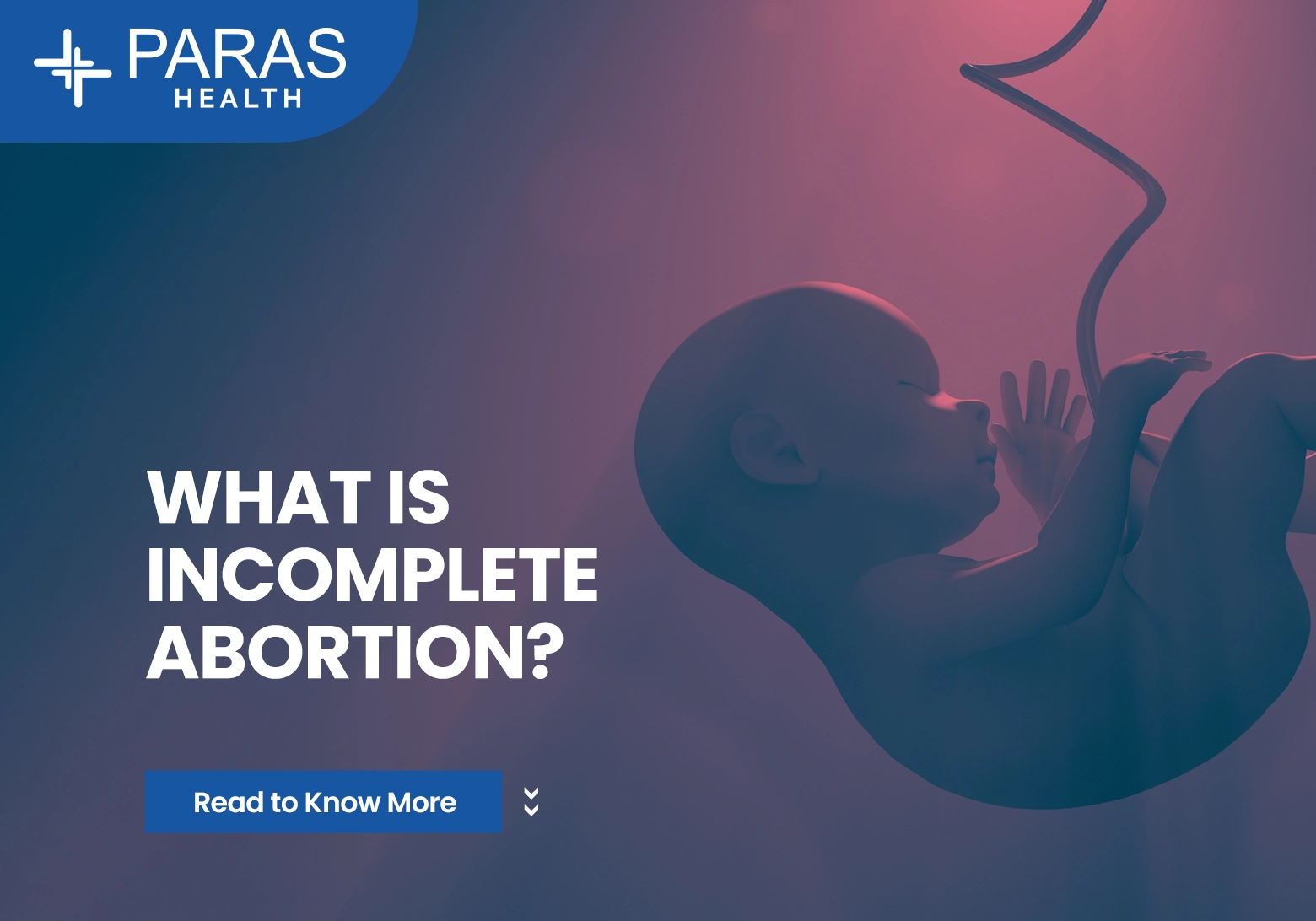How Much Water Should We Drink During Pregnancy?
Jul 02, 2025
Wondering, “How much water should I drink during pregnancy?” You’re not alone! Staying hydrated is one of the simplest and most powerful ways to stay healthy during pregnancy—for you and your baby.
In this blog, let’s talk in simple words about:
- Why drinking water is so important during pregnancy
- How much water you actually need every day
- A simple water drinking schedule for pregnant women
- Signs your body needs more water
- Can too much water be bad?
- Best fluids to drink during pregnancy
- And some bonus facts most websites don’t share
Why Is Water So Important During Pregnancy?
During pregnancy, your body works overtime. You’re building another human inside you—so your body needs more blood, more oxygen, and yes, more water.
Water helps:
- Carry nutrients to your baby
- Keep amniotic fluid at the right level
- Prevent constipation and urinary infections
- Avoid swelling and overheating
- Reduce tiredness and headaches
Think of water as the fuel that keeps everything running smoothly—for both you and your baby.
How Much Water Should a Pregnant Woman Drink Per Day?
On average, pregnant women should drink 8–12 glasses of water a day, which is about 2.5 to 3 liters.
But the amount can change depending on:
- The weather (hot days = more water)
- Your physical activity
- Your body weight
- Your diet (salty or protein-heavy meals need more fluids)
Water Intake Chart by Trimester
|
Trimester |
Recommended Intake |
|
1st trimester |
~2.5 liters (10–12 glasses) |
|
2nd trimester |
~3 liters (12–14 glasses) |
|
3rd trimester |
3+ liters (up to 15 glasses) |
Tip: Listen to your body. If you’re feeling thirsty, tired, or dizzy, you might need a refill.
Easy Water Drinking Schedule for Pregnant Women
You don’t need to gulp water all at once. Spread it through the day. Here’s a simple routine to help:
- After waking up: 1 glass of lukewarm water
- Before each meal: 1 glass (aids digestion)
- Mid-morning snack time: 1 glass
- With lunch: 1 glass
- Mid-afternoon or after a walk: 1 glass
- With dinner: 1 glass
- Before bedtime: Small sip (not too much to avoid night-time pee trips)
Add reminders on your phone or use a water-tracking app to stay on track.
Signs of Dehydration During Pregnancy
Your body gives clear signs when it’s low on fluids:
- Dark yellow urine or very little urine
- Feeling dizzy or tired
- Dry mouth or lips
- Headache
- Constipation
- Muscle cramps
- Feeling very thirsty often
Don’t wait till you're super thirsty—drink small amounts regularly.
Can Drinking Too Much Water Be Bad?
In rare cases, drinking too much water in a short time can lower sodium levels in the body. This is called water intoxication. But it’s very rare.
If you're drinking around 3 liters a day, you're in the safe zone.
Best Fluids to Drink During Pregnancy
Yes, water is best—but you can enjoy other healthy drinks too!
- Coconut water: great for hydration and electrolytes
- Lemon water: refreshes and helps digestion
- Milk: adds calcium and protein
- Soups and broths: hydrating and nutritious
- Fresh fruit juices (unsweetened): good in moderation
- Herbal teas (caffeine-free): calming and hydrating
- Buttermilk (chaas): keeps digestion smooth
Avoid soda, sugary drinks, or too much caffeine.
Bonus Facts You Probably Didn’t Know
- Hydration helps prevent preterm labor – especially in the third trimester
- It keeps amniotic fluid levels healthy – which helps your baby grow well
- It reduces false labor pains (Braxton Hicks contractions)
- Enough water keeps swelling (in feet/hands) in check
- Low water can even affect your mood and cause fatigue
When Should You Talk to a Doctor?
See your doctor if:
- You’re vomiting or have diarrhea and can’t keep water down
- You feel dizzy often, or your urine stays dark
- You notice swelling that doesn’t go away
- You feel your amniotic fluid is leaking or less
- You're unsure if you're drinking enough
Final Thoughts: Water is Simple, But Super Powerful
Water isn’t just a drink—it’s a lifeline during pregnancy. Make a habit of sipping throughout the day, and mix in healthy fluids when needed. You’ll feel better, stay energized, and help your baby grow strong.
📞 For expert maternity care, call: +91-8080808069
📍 Or visit your nearest Paras Health hospital today







.webp)

